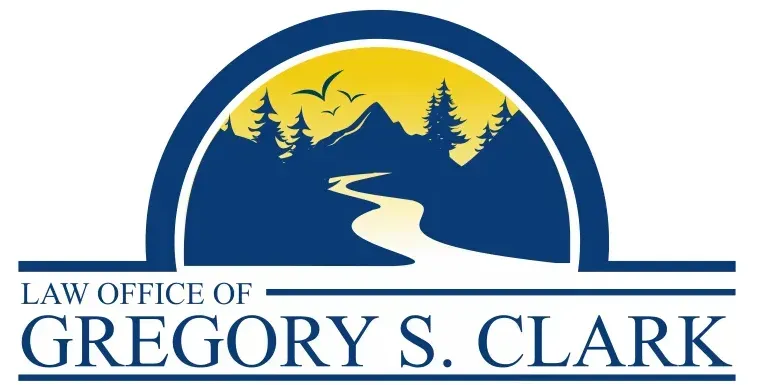Placerville Trust Attorney – Set Up a Living Trust to Avoid Probate
A Smarter Way to Plan for the Future of Your Home, Assets & Family
If you own a home in El Dorado County—or any significant assets—a living trust is often the most efficient and private way to pass those assets to your loved ones. At the Law Office of Gregory S. Clark, we help individuals and families in Placerville create revocable living trusts that keep them in control during life and avoid probate after death.
A trust isn’t just a document—it’s a flexible, reliable estate planning tool that helps make transitions smoother. We’ll help you decide if a living trust is right for your goals, and we’ll walk you through each step of setting it up properly so it actually works the way it should.

Why Many Families Choose a Living Trust
For many of our clients, a living trust becomes the cornerstone of their estate plan. That’s because:
- It keeps your estate out of probate court
- It ensures a smooth transfer of assets to loved ones
- It allows someone you choose to manage your affairs if you become incapacitated
- It keeps your financial affairs private—unlike probate, which is public record
We’ll help you build a revocable trust you can update over time and that reflects your family, your values, and your wishes.
How a Living Trust Works—In Plain English
Here’s the basic idea: you create the trust (as the grantor), name yourself as trustee, and move your assets into the trust. You continue managing everything like you always have. You can buy, sell, withdraw—whatever you want—because the trust is revocable and you’re in charge.
If something happens to you—either death or incapacity—your chosen successor trustee steps in. That person follows the instructions you’ve written in the trust to distribute assets or pay bills, without going through probate court. It’s clean, private, and faster than relying on a will alone.
What You Might Put Into a Trust
Not everything belongs in a trust, but many high-value or hard-to-transfer assets do. We’ll help you decide what to include, but common items are:
- Your home or other real estate
- Bank accounts (checking, savings, CDs)
- Investment accounts and brokerage funds
- Business ownership interests
- Family heirlooms or valuables
Some assets—like retirement accounts or life insurance—pass by beneficiary designation. We’ll make sure your trust complements, not conflicts with, those arrangements.
Choosing the Right Trustee & Beneficiaries
One of the biggest decisions in trust planning is naming your successor trustee. This is the person who will step in to manage or distribute your assets. Most clients choose a spouse first, then an adult child, sibling, or trusted friend as a backup. We’ll talk through the pros and cons of your options so you feel confident in your choices.
You also decide who your beneficiaries are and what they receive. If you’re leaving assets to children or grandchildren, we can include terms like staged distributions (e.g., “half at age 25, the rest at 30”) or allow the trustee to use funds for college, rent, or healthcare as needed. You stay in control of how your legacy is passed on.
Why You Still Need a Will (Yes, Even With a Trust)
A trust is powerful, but it doesn’t cover everything. You’ll still need a simple will—called a pour-over will—to handle anything left outside the trust and to name guardians for your children if applicable.
The will and trust work together: the trust handles the big picture, and the will catches the rest.

Do I lose control of my assets in a trust?
Not at all. In a revocable living trust, you’re usually the trustee and continue using your assets however you like. You can buy and sell property, spend your money, or revoke the trust completely if you change your mind.
Does a trust help with estate taxes?
A basic revocable trust doesn’t provide tax advantages by itself, though very few people in California are subject to estate tax due to high federal thresholds. We focus on practical benefits like probate avoidance and ease of management. If you need tax planning, we’ll help you explore more advanced strategies.
How does a trust avoid probate?
Probate is only required for assets held in your name alone. When you move assets into a trust, those assets are legally owned by the trust—not you as an individual—so they’re not subject to probate. Your successor trustee can handle distribution privately, without court oversight.
Do I still need a will?
Yes. A pour-over will ensures that any assets not in the trust are directed into it after your death. It also names guardians for minor children. Even with a trust, a will is a crucial backup.
Who should be my successor trustee?
Someone responsible, fair, and able to manage financial matters. You can also appoint co-trustees if that makes sense for your family. Gregory will help you weigh your choices and document them properly.
What is funding the trust?
Funding means moving your assets into the trust—transferring title so that the trust owns them. This includes changing deeds for your home, updating account titles, and possibly redoing beneficiary designations. We’ll guide you through each step to ensure your trust works as intended.
Plan Now for a Private, Efficient Future
A properly structured trust can spare your family months—or even years—of probate court headaches. It’s one of the most thoughtful steps you can take for your loved ones. At the Law Office of Gregory S. Clark, we’ll explain your options clearly, prepare the documents correctly, and make sure everything is funded and functional. If you’re ready to create a living trust, we’re ready to help.
Contact us to schedule your estate planning consultation today.


